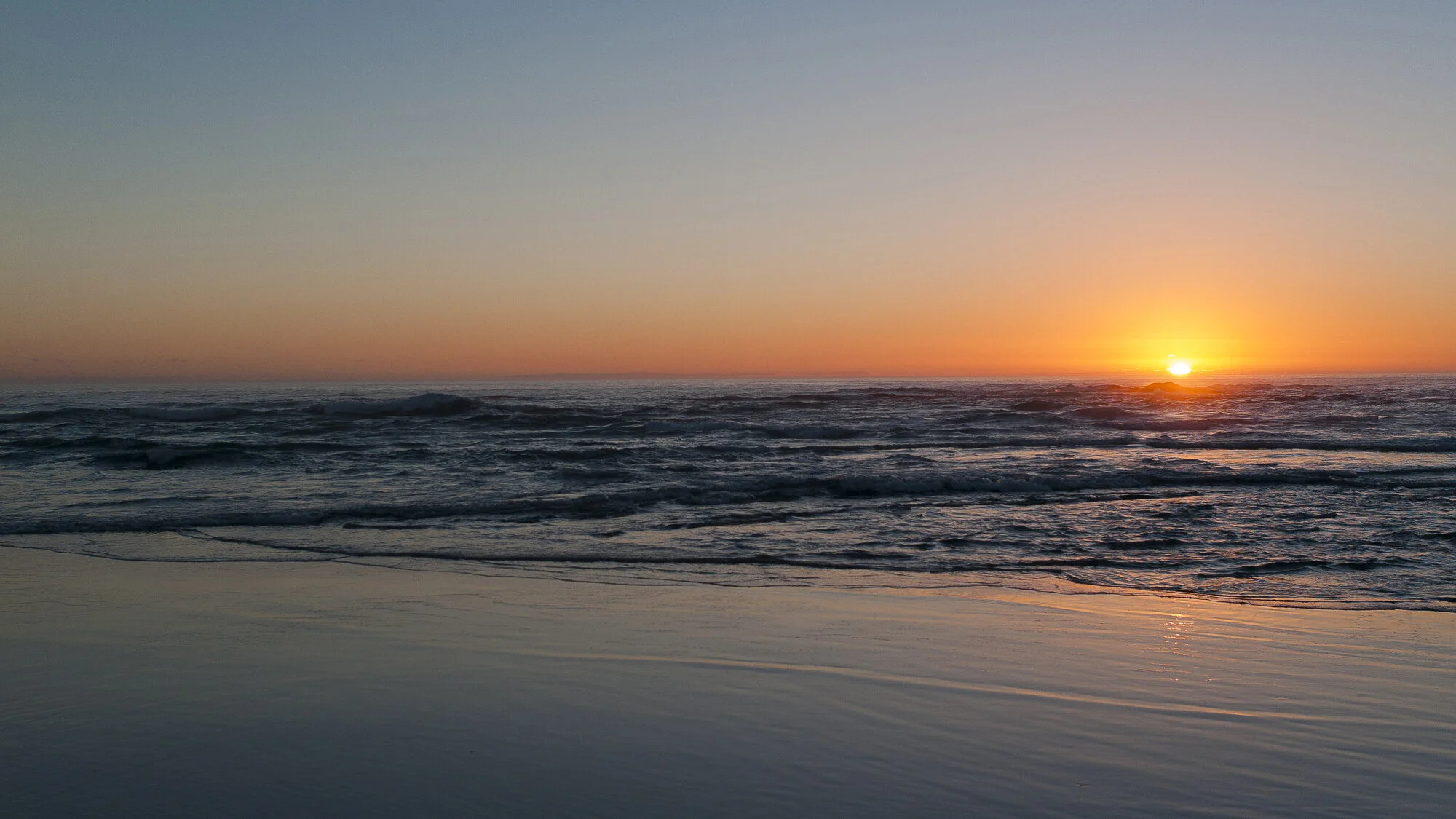YOUR WEEKLY BRIEFING FROM PARLEY
This image by NASA. Header image by Lars Borges.
OCEAN HEAT WAVES
In a new study, scientists have found that large ocean heat waves, such as the infamous “blob” that appeared in the Pacific, are directly connected to climate change. The study compared the blob to other major global events and discovered that human-caused global warming made these events at least 20 times more likely to occur. In some cases, such heating events would not have even be possible without climate change. Charlotte Laufkötter, a marine scientist at the University of Bern in Switzerland said, “the likelihood of these large events would continue to increase as the world keeps warming.”
If current emission levels of greenhouse gases continue, some parts of the oceans may be in a continuous state of extreme heat — and heat blobs could become permanent. A ray of light? China declared this week it aims to be carbon neutral by 2060, tightening its target to cut greenhouse-gases, and signaled higher spending on green technologies in the next five years. China’s climate plan for 2021-2025 will seek to balance economic growth that has been fueled by coal with the need to limit pollutants.
CORALS
Corals in the Marmara Sea continue to be threatened from nearby property development plans on the Princes Islands off the coast of Turkey. The sea is home to 24 Alcyonacea coral species — sea pens, sea fans and some types of red and yellow soft corals are examples of the species disappearing. Since 2015 a group of volunteers with Adalar Marine Life and Sports Club (Adysk) have worked closely with scientists to revive and protect these marine ecosystems. Many animals, such as octopuses, tortoises and swordfish are migrating from the Mediterranean to the Marmara Sea due to coral bleaching and loss of habitat – turning the Marmara sea into a haven for specific ecosystems that we must protect.
HEALTH
Per- and polyfluoroalkyl substances (PFAS) have been discovered in the drinking water of 1,400 communities in 49 US states. PFAS are used in a range of products, from food-delivery boxes to nonstick cookware to stain-resistant clothing, but are known for their potential danger to human health and resistance to breaking down – and thus called “forever chemicals”. The EPA has been studying these compounds since the 1990s, yet have not enforced any limitations on their use. The lack of standards not only affects tap water, but bottled brands too. Research shows that out of 47 bottled waters tested, 43 tested positive. Consumers can protect themselves by testing your home, filtering water and avoiding products that contain PFAS.
INNOVATION
A group of researchers have teamed up to create a whale detection system called Whale Safe to prevent large shipping vessels striking marine mammals in Southern California. In 2018 and 2019, 21 whales were struck by the hulls of ships and left to die, though researchers say this number is likely to be higher. Whale Safe is a system that updates mariners on the most recent information with a real time map to show where the whales are swimming and how likely ships are to encounter them using data from three sources.
MARINE LIFE
This week, 380 long-finned pilot whales beached on Tasmania’s West coast – one of the largest known global whale strandings to date. Researchers confirm that this species is known to be more prone to beaching themselves, but the exact reason for the phenomenon remains unknown. Scientists say that it may be due to the fact pilot whales are a social species that travel close to shallow sloping beaches. Rescue groups have saved 50 of the whales thus far and are working on saving the remaining 30 live animals.
The Long, Complex Read 🤓
A detailed look at how researchers are continuing to evaluate
ways to make plastic a thing of the past
Share these stories and join the conversation on social media
IG @parley.tv | TW @parleyforoceans | FB @parleyfortheoceans
#StateOfTheOceans





















